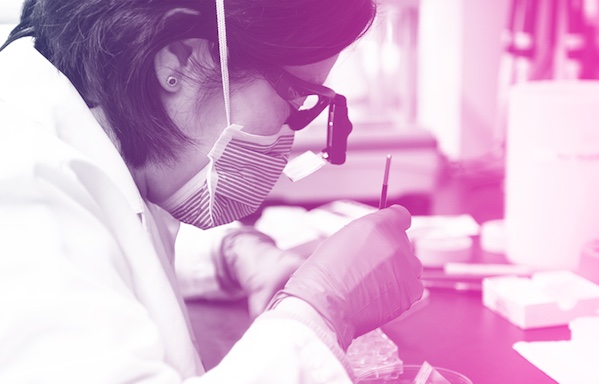Unveiling the Invisible: Innovative Technique Exposes ‘Hyperaccessible’
Unveiling the Invisible: Innovative Technique Exposes ‘Hyperaccessible’
Bioengineer.org—In a groundbreaking study published in the journal Cell, Gladstone Investigator Vijay Ramani and his team unveiled transformative insights into a critical aspect of human biology: DNA.
Gladstone Experts Data Science and Biotechnology Ramani Lab



